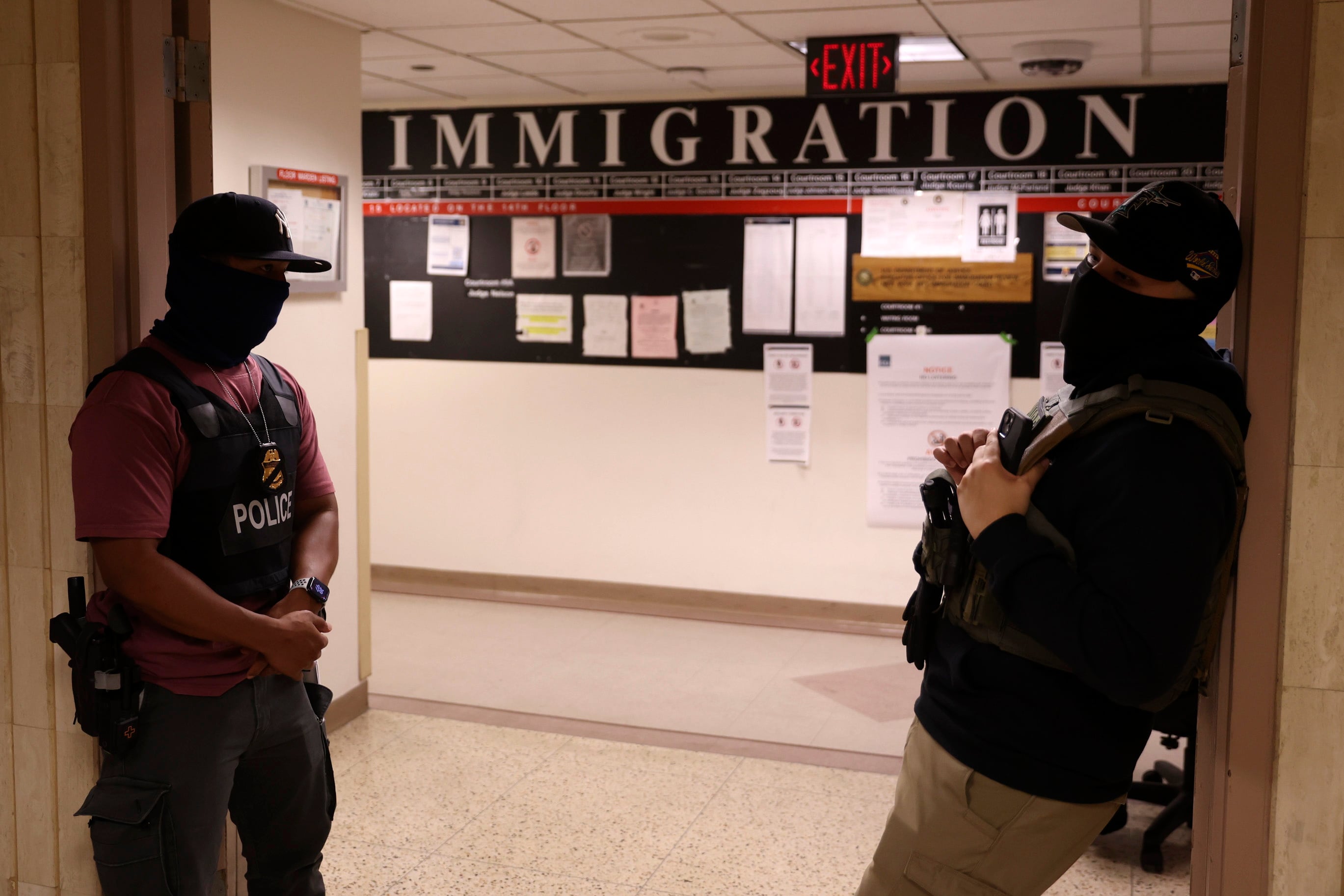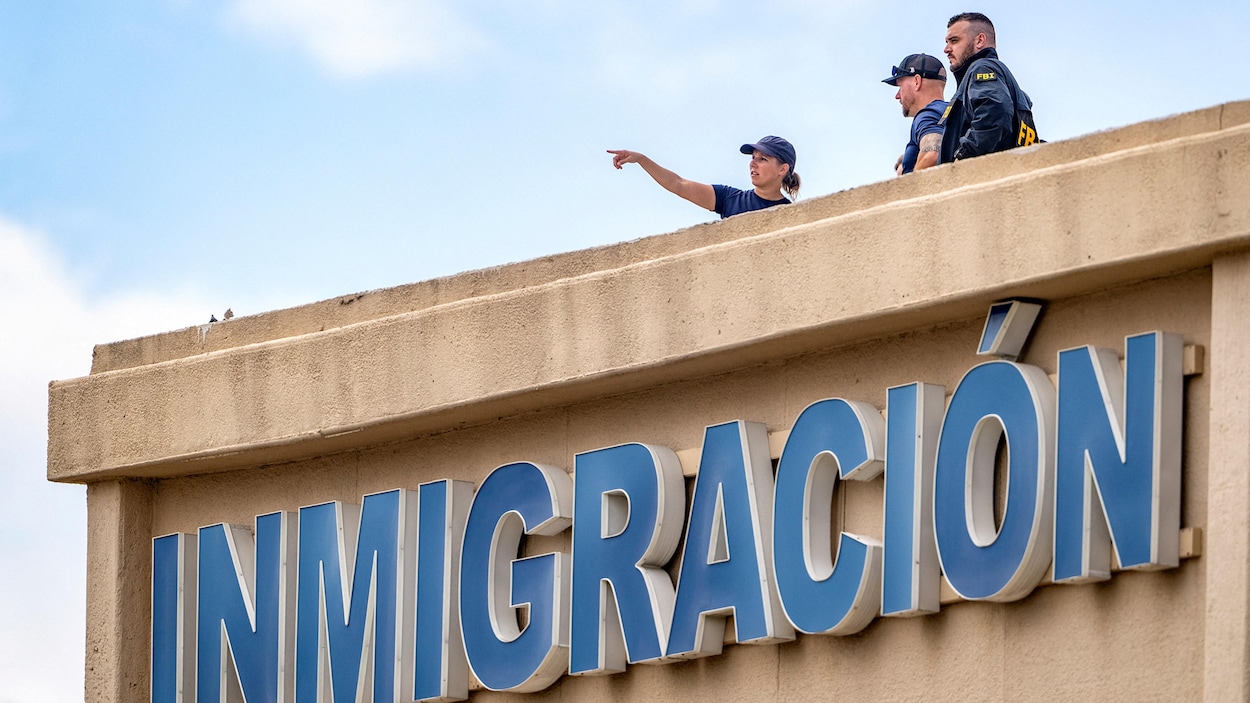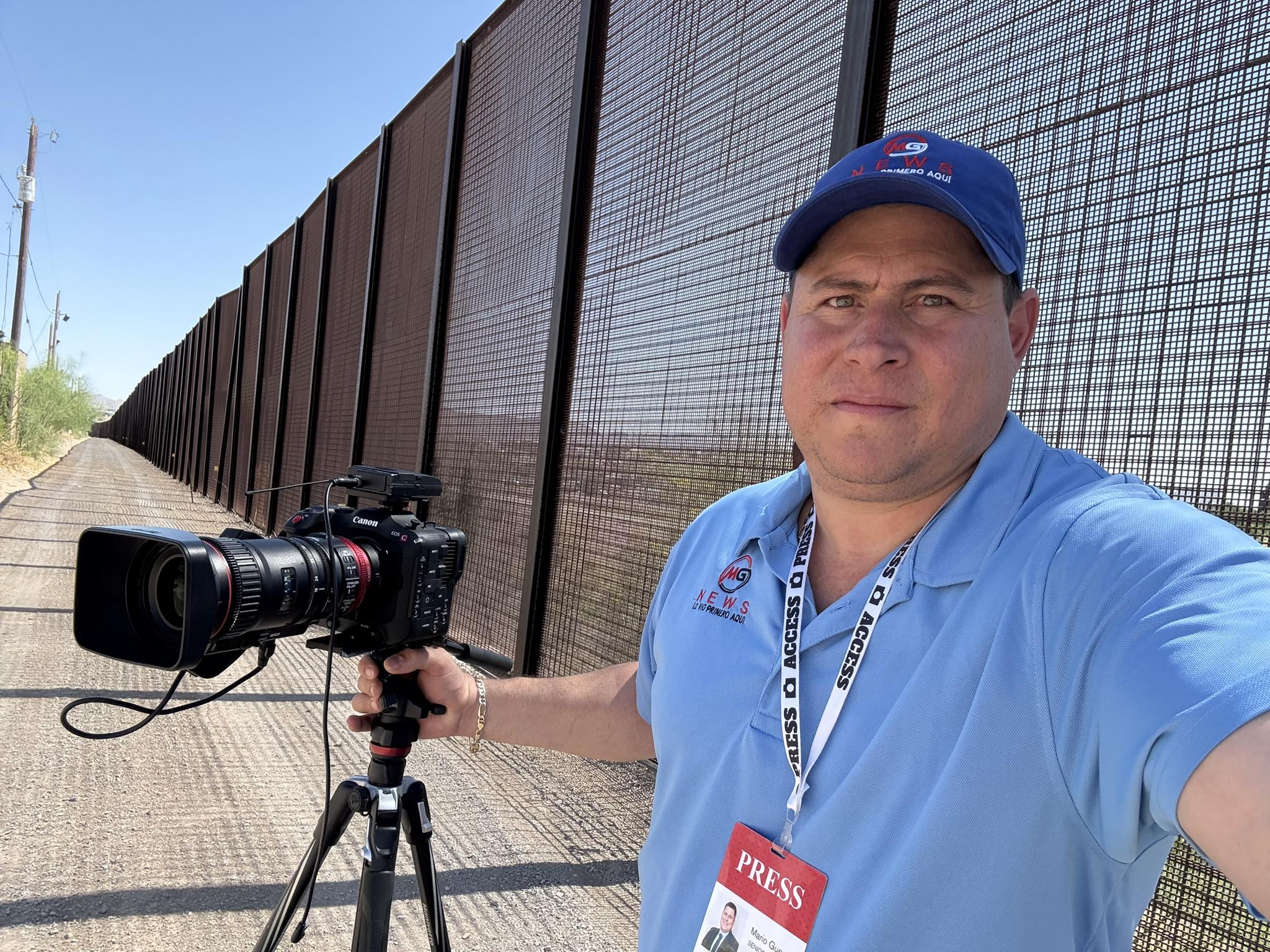Federal Judge Rules Trump Administration's Deportation Policy Unconstitutional
A federal judge in Boston has ruled that the Trump administration violated the Constitution by targeting non-U.S. citizens for deportation based on their support for Palestinians and criticism of Israel. U.S. District Judge William Young issued a scathing ruling, directly criticizing President Donald Trump and his policies as threats to free speech.
The Court's Decision
Judge Young agreed with several university associations that the policy, described as "ideological deportation," violates the First Amendment and the Administrative Procedure Act. He also found the policy "arbitrary or capricious because it reverses prior policy without reasoned explanation."
"This case -– perhaps the most important ever to fall within the jurisdiction of this district court –- squarely presents the issue whether non-citizens lawfully present here in United States actually have the same free speech rights as the rest of us. The Court answers this Constitutional question unequivocally ‘yes, they do,’"
Tricia McLaughlin, assistant secretary of the Department of Homeland Security, issued a statement that did not directly address the ruling but accused Judge Young of "smearing and demonizing federal law enforcement."
Reactions to the Ruling
Plaintiffs in the case welcomed the ruling. Todd Wolfson, president of the American Association of University Professors union, stated, "The Trump administration’s attempt to deport students for their political views is an assault on the Constitution and a betrayal of American values." He added, "This trial exposed their true aim: to intimidate and silence anyone who dares oppose them."
Ramya Krishnan, senior staff attorney at the Knight First Amendment Institute, told the court, "Not since the McCarthy era have immigrants been the target of such intense repression for lawful political speech. The policy creates a cloud of fear over university communities, and it is at war with the First Amendment."
The Trump Administration's Defense
Lawyers for the Trump administration argued that there was no such policy. Victoria Santora told the court, "There is no policy to revoke visas on the basis of protected speech. The evidence presented at this trial will show that plaintiffs are challenging nothing more than government enforcement of immigration laws."
John Armstrong, the senior bureau official in the Bureau of Consular Affairs, testified that visa revocations were based on longstanding immigration law and denied accusations of ideological targeting.
Details of the Targeted Campaign
One witness testified that the campaign targeted more than 5,000 pro-Palestinian protesters. According to Peter Hatch of ICE’s Homeland Security Investigations Unit, investigators wrote reports on about 200 who had potentially violated U.S. law. Hatch stated that he could not recall a student protester being referred for a visa revocation until this year.
Among those targeted were Palestinian activist and Columbia University graduate Mahmoud Khalil, who was detained for 104 days, and Tufts University student Rumeysa Ozturk, who was detained after co-writing an op-ed criticizing her school’s response to the war in Gaza.
Judge Young's Criticism of Trump
Judge Young accused Homeland Security Secretary Kristi Noem, Secretary of State Marco Rubio, and their agents of misusing their powers to target pro-Palestinian noncitizens. He also criticized President Trump, suggesting he supported the policy and saw it as a way to stifle dissent.
"The facts prove that the President himself approves truly scandalous and unconstitutional suppression of free speech" on the part of two of his senior Cabinet secretaries.
Judge Young also expressed concerns about Trump’s broader efforts to attack those with whom he disagrees, urging Americans to stand up against these threats.
 Visit the website
Visit the website





